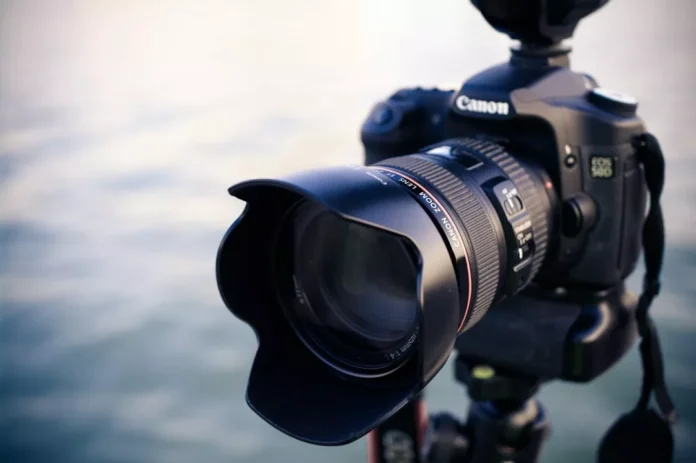The Museo de la ‘ndrangheta, located in the small town of Reggio Calabria in southern Italy, is not your typical museum. It is a unique cultural institution that aims to educate and raise awareness about the dangers of the ‘ndrangheta, one of the most powerful and dangerous mafia organizations in the world. And at the heart of this museum is claudio La camera, an anthropologist and director of theater, who has dedicated his life to fighting against the mafia through culture.
La camera, who is also the founder and director of the Museo della ‘ndrangheta, has been working tirelessly to shed light on the dark world of the mafia and its impact on society. His approach is unconventional, but highly effective. Instead of using violence or force, he uses culture as a means to combat the mafia’s influence. And his efforts have not gone unnoticed.
One of La camera’s most notable achievements is the creation of the “fatture false” (false invoices) project. This project, which was launched in 2007, aims to expose the illegal activities of the ‘ndrangheta, specifically their use of false invoices to launder money. La camera, along with a team of experts, analyzed thousands of invoices and documents to uncover the intricate web of illegal activities carried out by the mafia. The findings were then presented in an exhibition at the Museo della ‘ndrangheta, which received widespread attention and praise.
The success of the “fatture false” project led to the creation of the Museo de la ‘ndrangheta, which opened its doors to the public in 2011. The museum is not just a collection of artifacts and information, but a living and breathing entity that aims to educate and inspire change. La camera’s vision was to create a space where visitors could experience the reality of the mafia and understand its impact on society. And he has certainly achieved that.
The museum is divided into different sections, each one dedicated to a specific aspect of the ‘ndrangheta. From the history of the organization to its illegal activities, visitors are taken on a journey through the dark world of the mafia. But what sets this museum apart is its interactive and immersive approach. Visitors can experience what it’s like to be a member of the mafia through virtual reality simulations, or learn about the code of silence through a theatrical performance. La camera’s background in theater has certainly played a crucial role in creating such a unique and engaging experience for visitors.
But the museum is not just about educating people about the mafia. It also serves as a platform for dialogue and discussion. La camera has organized numerous events and conferences, inviting experts, journalists, and even former members of the mafia to share their experiences and insights. This has not only helped to break the code of silence, but also to create a sense of community and solidarity in the fight against the mafia.
La camera’s efforts have not gone unnoticed by the international community. In 2018, he was awarded the prestigious “Hero of the Year” award by the European Union for his work in promoting culture as a means to combat the mafia. And in 2019, he was invited to speak at the United Nations headquarters in New York, where he shared his experiences and insights on the fight against the mafia.
The Museo de la ‘ndrangheta and claudio La camera’s work are a shining example of how culture can be used as a powerful tool to bring about positive change in society. Through his dedication and passion, La camera has not only created a unique and engaging museum, but has also inspired a movement against the mafia. His work serves as a reminder that even in the face of darkness, culture and education can be a powerful force for good. So if you ever find yourself in Reggio Calabria, be sure to visit the Museo de la ‘ndrangheta and experience the power of culture in the fight against the mafia.

